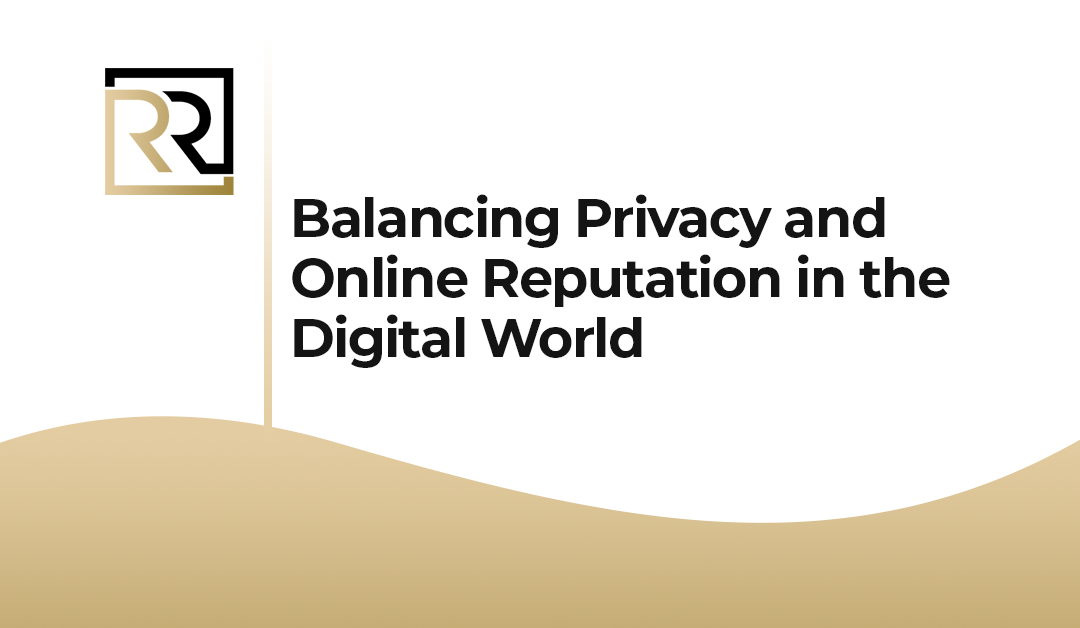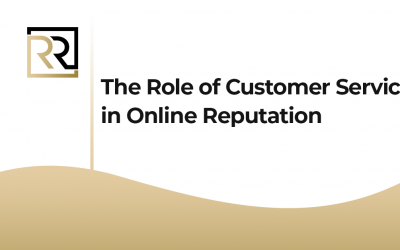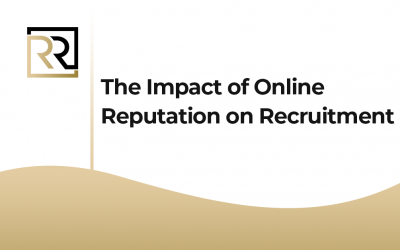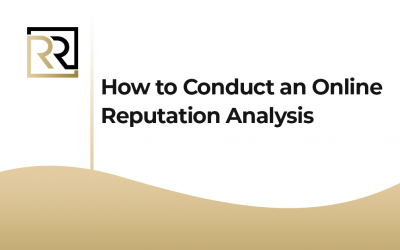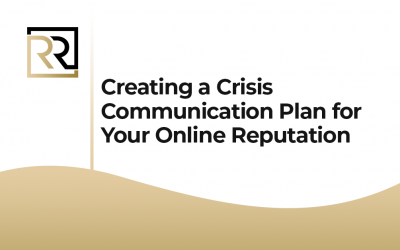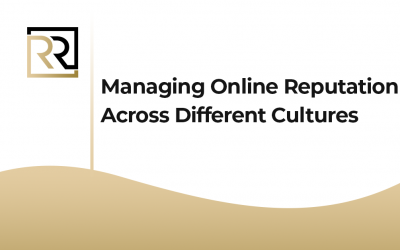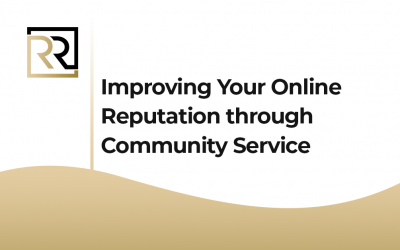Balancing Privacy and Online Reputation in the Digital World
Further, in the digital age, where personal information is increasingly accessible and online interactions are ubiquitous, finding the balance between privacy and online reputation has become a significant challenge. Ultimately, while maintaining privacy is essential for protecting personal data and safeguarding individual rights, managing online reputation is equally important for building trust and credibility in the digital realm. So, in this article, we’ll explore the delicate balance between privacy and online reputation and provide insights into how individuals and businesses can navigate this complex landscape effectively.
Privacy and Online Reputation
1. Understanding Privacy in the Digital Age
Firstly, privacy in the digital age refers to the control individuals have over their personal information and online activities. Furthermore, with the proliferation of social media, e-commerce platforms, and digital communication channels, personal data has become increasingly vulnerable to misuse, exploitation, and privacy breaches. Thus, from identity theft and cyberbullying to data breaches and online surveillance, individuals face numerous threats to their privacy in the digital world.
2. The Importance of Online Reputation
Online reputation, on the other hand, refers to the perception and impression individuals or businesses project through their online presence and activities. A positive online reputation can, for example, enhance credibility, trust, and visibility, while a negative reputation can lead to reputational damage, loss of trust, and diminished opportunities. Moreover, managing online reputation is essential for individuals and businesses alike to protect their interests, build relationships, and succeed in the digital landscape.
3. Finding the Balance
Further, balancing privacy and online reputation requires careful consideration of individual preferences, values, and objectives. While some individuals may prioritize privacy and seek to limit their online footprint, others may embrace transparency and actively cultivate their online presence. Similarly, businesses must balance the need to collect and use customer data for marketing and operations with the responsibility to protect customer privacy and maintain trust.
4. Protecting Personal Data
Generally, one of the key challenges in balancing privacy and online reputation is protecting personal data from unauthorized access and misuse. Thus, individuals can take steps to protect their privacy online by using strong passwords, enabling two-factor authentication, and being cautious about sharing personal information on social media and other platforms. What’s more, businesses must also prioritize data security and compliance with privacy regulations to safeguard customer data and maintain trust.
5. Cultivating a Positive Online Presence
Further, cultivating a positive online presence is essential for managing online reputation effectively. Individuals can build a positive reputation by, for example, sharing valuable content, engaging with their audience thoughtfully, and maintaining professionalism and authenticity in their online interactions. Similarly, businesses can enhance their reputation by delivering exceptional products or services, soliciting and responding to customer feedback, and actively managing their online reviews and reputation.
6. Transparency and Accountability
Overall, transparency and accountability are crucial principles for balancing privacy and online reputation. Therefore, individuals and businesses should be transparent about their data collection and usage practices, provide clear privacy policies and terms of service, and empower users to control their personal information. Moreover, by fostering transparency and accountability, organizations can build trust and credibility with their audience and mitigate concerns about privacy and reputation.
7. Educating and Empowering Users
What’s more, educating and empowering users is essential for promoting privacy awareness and responsible online behavior. Individuals should be informed about their rights and options for protecting their privacy online. For instance, adjusting privacy settings, using encryption tools, and exercising caution when sharing sensitive information. Similarly, businesses should educate their customers about their data protection practices and provide resources and support for managing privacy preferences.
8. Advocating for Privacy Rights
Moreover, advocating for privacy rights and supporting policies and regulations that protect individual privacy is essential for achieving a balance between privacy and online reputation. Thus, individuals can support privacy advocacy efforts by participating in public awareness campaigns, supporting organizations that promote digital rights and privacy, and advocating for stronger privacy protections at the local, national, and international levels.
Conclusion: Privacy and Online Reputation
In summary, balancing privacy and online reputation in the digital world is a complex and multifaceted challenge that requires careful consideration, proactive measures, and ongoing vigilance. Furthermore, by prioritizing privacy protection, cultivating a positive online presence, fostering transparency and accountability, educating and empowering users, and advocating for privacy rights, individuals and businesses can navigate the digital landscape effectively while safeguarding their privacy and reputation. Hence, by achieving harmony between privacy and online reputation, we can create a digital world that is safe, secure, and conducive to trust and collaboration.


